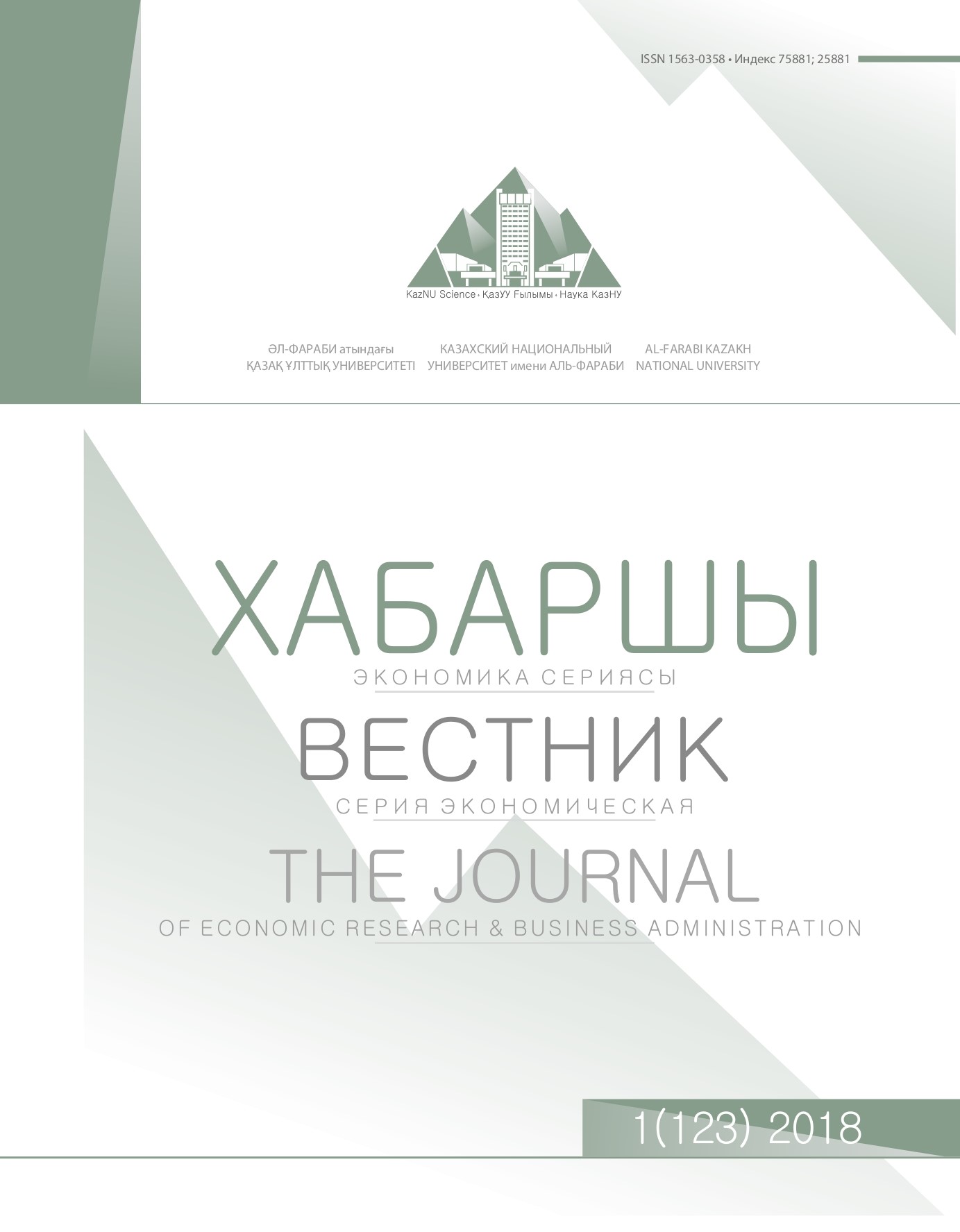THE ROLE OF INTERNATIONAL ACCREDITATION IN QUALITY ASSURANCE OF HIGHER EDUCATION
Abstract
Quality management of education is an innovative path to progress. Effectively operating system of quality management of education makes the university competitive in the education and labour markets. During the years of independence, Kazakhstani higher school demonstrated flexibility and the ability to adapt in the most difficult conditions of the transition period. Despite the crisis, it was possible to preserve its intellectual potential, to ensure the accessibility of higher education. The most important innovative change in higher education system was the entry of Kazakhstan in 2010 into the Bologna process, and accreditation has become an important and necessary resource to ensure the international character of higher education according to European standards. The autonomy of universities within the framework of the Bologna process was realized in the Kazakhstani higher school by refusing in 2012 from the State Education Programme Standard and forming educational programs with a high level of academic freedom. In the contemporary world, accreditation plays a significant role in the internationalization of education, since successful accreditation is a proof that accredited degree programme meets the European standards. Kazakhstan as a developing Central Asian country is on the way of integrating the processes of accreditation into the system of education. Hence, this paper discusses the current state of international accreditation in the country in the case of al-Farabi Kazakh National University and outlines the improvements and developments made in the context of accreditation process.













